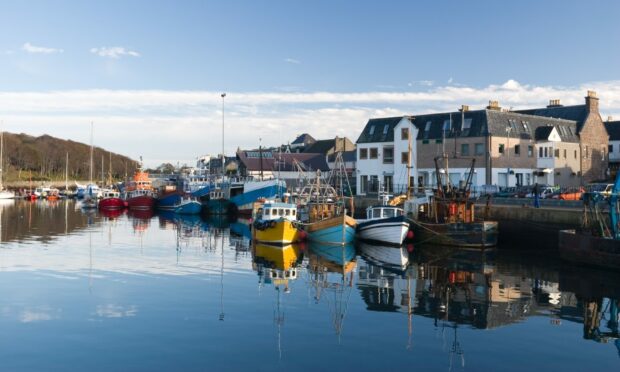A former MSP from the Western Isles has quit the SNP after 35 years with controversial fishing ban proposals said to be the “final straw”.
The Scottish Government has committed to designating at least 10% of Scotland’s seas as Highly Protected Marine Areas (HPMAs) by 2026.
But the controversial plans, which formed part of the agreement between the SNP and Greens, have been met with widespread outrage from fishing communities.
They have prompted Angus MacDonald, who hails from the Isle of Lewis and was MSP for Falkirk East from 2011 to 2021, to resign as a party member.
Sources say HPMAs were the “final straw” however the gender recognition reform debate and the governance of the party were also factors in his decision.
A member for 35 years, he was first elected as an SNP councillor in 2004.
He became an MSP in the 2011 landslide victory but after a decade he chose to step down to return to his native Lewis.
On social media, the politician has called for the need for a “new Highlands & Islands party”.
Little difference to speak of, which gives all the more weight to the need for a new Highlands & Islands Party
Meanwhile, only 1 day left to support coastal & island communities by responding to @scotgov's Consultation on the HPMA proposal #DitchTheHPMAhttps://t.co/5vpz0N2sBz https://t.co/vLNldCNlUZ— Angaidh an Dòmhnallaich – Angus MacDonald (@HebrideanAngus) April 16, 2023
He is the latest figure to take a stance against HPMas, with a consultation into the plans closing on Monday, April 17.
Commercial and recreational fishing would be banned in the designated areas.
Highland MSP Kate Forbes spoke promised to axe the proposals during the SNP leadership race.
She argued the zones would have a “disproportionate socio-economic impact on our island and coastal communities”.
‘I will defend their interests’
Ian Blackford, MP for Ross, Skye and Lochaber, was put on the spot over the fishing bans during the BBC Sunday Show.
Asked if he was concerned what the plans could mean for some of his constituents, he said: “I’ll make my views clear to colleagues. Fishing is an important industry in my constituency, right up and down the west coast.
“In many cases you’re talking about families that have been engaged in fishing for many generations and of course I will defend their interests.
“I believe we will get to a decent landing place from this that protects the rights of local people to fish in the waters as they’ve done for many generations.”
Alex Watson Crook, project manager for the Sustainable Inshore Fisheries Trust, told the BBC the trust is “broadly in favour” of the proposals.
She emphasised the benefits they bring the marine environment but admitted the public consultation had been “less than optimal”.
Ms Watson Crook said engagement should have done been “much earlier” with the industry to set out the benefits they can bring to low-impact fishing and other sectors.
‘Committed’ to fishing sector
Marine Protected Areas (MPAs) already cover 37% of Scottish waters.
A Scottish Government spokesman said: “Scottish Ministers remain committed to supporting Scotland’s fishing sector, which plays such a key role in contributing to our economic prosperity – especially in remote, rural and island communities.
“However we are equally clear that a healthy marine environment is essential to supporting the long-term sustainability of the sector that would allow key species and habitats to restore and recover.
“We are currently at the early stages of consulting on the principles which will inform our overall approach to the future development of Highly Protected Marine Areas and how sites will be identified and selected.
“No sites have been proposed or selected as yet. We will continue to work closely with the fishing industry, other marine users and coastal communities as this work progresses.
“Scotland is not alone in recognising the need for higher levels of protection for the marine environment – the UK Government is developing proposals for Highly Protected Marine Areas and the EU is taking action to designate similar strictly protected areas through the EU Biodiversity Strategy to 2030.”


